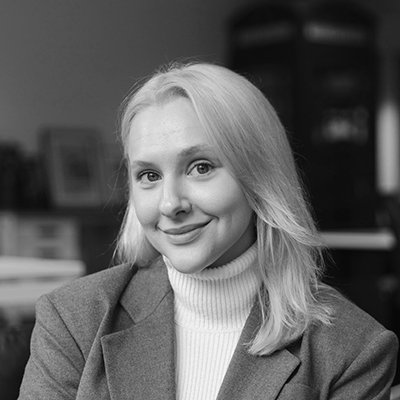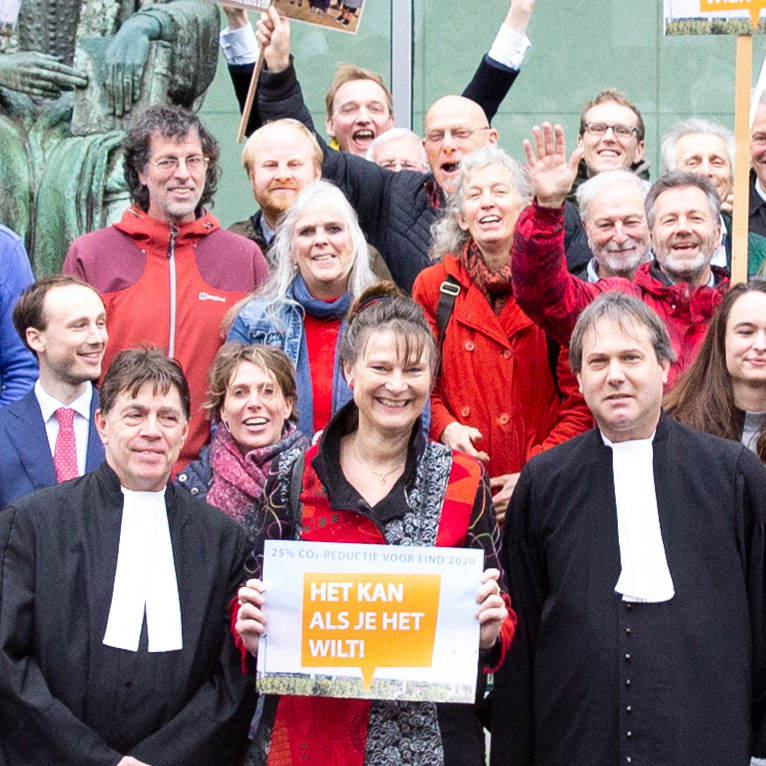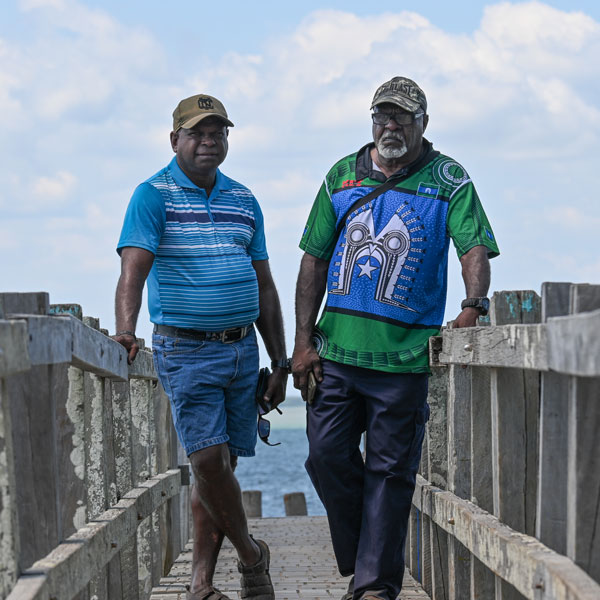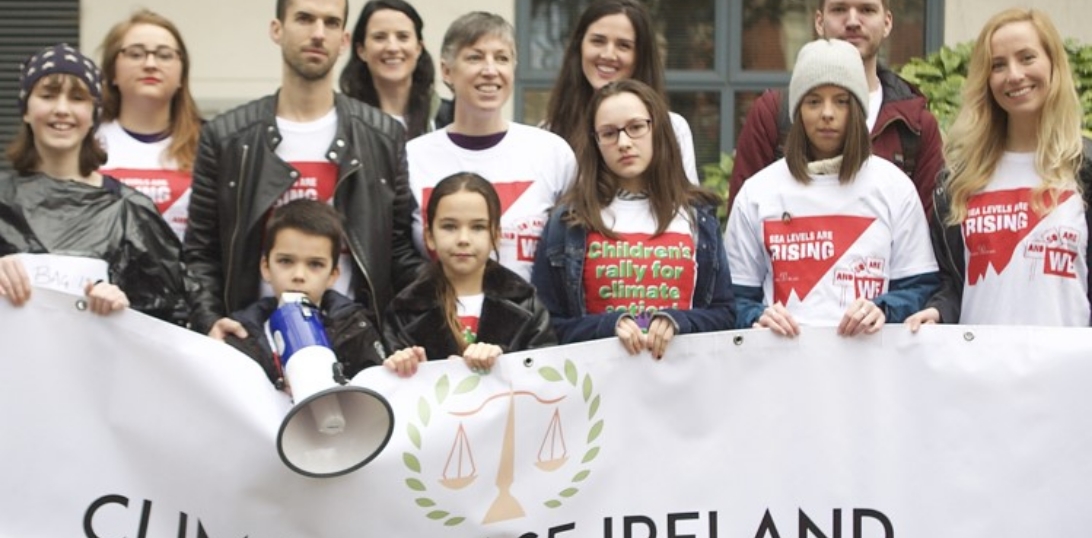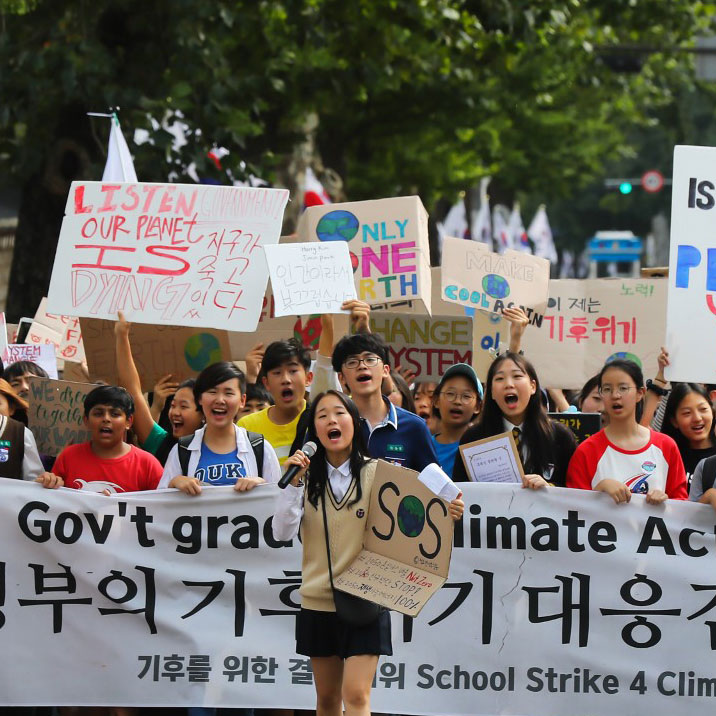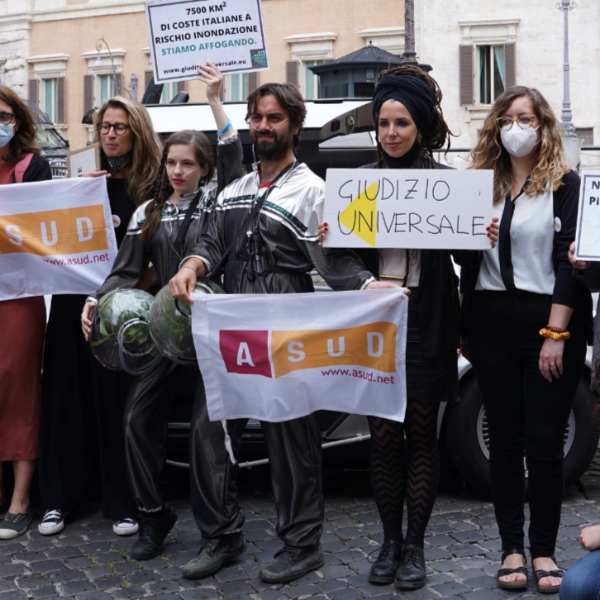We support communities who use the law to protect our shared future.
About
We believe in a safe and sustainable future for all, where everyone is protected from climate harms.
We work with individuals, organisations and grassroots groups around the world who use the law to protect our future.
We provide communities with the legal tools, insights and strategies to push big polluters to develop and implement emissions reductions plans that keep us safe.
Our partners are ambitious. We support them with legal action that seeks to:
WHY CLIMATE LITIGATION?
Governments are failing to protect us from climate change. Ten years on from the Paris Agreement, almost all countries’ climate plans are falling short of what’s needed to keep us safe. Meanwhile, the world’s highest-emitting companies are taking advantage – making profits on the back of our future.
We can change this. Our laws have the power to protect our planet and safeguard life on earth.
CLIMATE LITIGATION WORKS
In 2015, the Dutch Supreme Court ordered the Dutch Government to slash its emissions to protect human rights. This was a watershed moment – the first time a court had ordered a government to reduce its emissions to keep its citizens safe.
The Urgenda Foundation, the environmental organisation who brought the case, set up the Climate Litigation Network to harness this legal strategy, support other cases against big polluters and strengthen the growing wave of climate litigation.
Climate litigation has become a key tool for communities to hold polluters accountable for climate harms. In the last 10 years, people around the world have brought hundreds of cases against governments and corporations.
These cases have helped shift public opinion, mobilise grassroots movements and cut emissions.
Netherlands
The Dutch Climate Case led the Dutch Government to massively reduce its reliance on coal power plants and invest billions in accelerating the energy transition.
Germany
In Germany, the Federal Government significantly ramped up its climate targets, just two weeks after an order from the country’s highest court in the Neubauer Climate Case.
France
In France, over 2.3 million people signed the petition in support of the French Climate Case – making it the largest online petition in French history.
Switzerland
All 46 member states of the Council of Europe now have a legal obligation to set a carbon budget and develop an emissions reduction plan that keeps us safe, thanks to the landmark KlimaSeniorinnen case.
South Korea
The successful South Korea climate case has forced the government to develop science-based emission reduction plans that protect future generations.
Shell
In 2024, the Dutch Court of Appeal found that oil and gas major Shell has a legal obligation to cut its emissions - strengthening the precedent that corporations have a legal duty to reduce their emissions.
Communities are taking their governments to court – in their own words:
Uncle Paul and Uncle Pabai, First Nations leaders in the Torres Strait Islands, are bringing the Australian Climate Case.
Yujin Kim, a member of Youth 4 Climate Action (Y4CA), is bringing the South Korean Climate Case, together with 18 fellow youth activists.
Silvia Ferrante, environmental educator, is bringing the Italian Climate Case together with more than 200 plaintiffs, including her husband Luca and their son Libero.
Core team
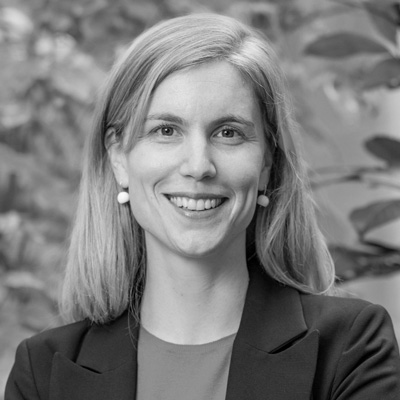
Lucy Maxwell
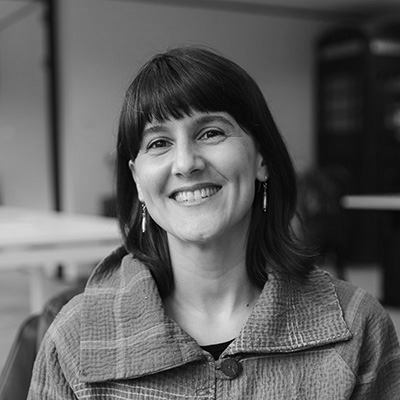
Sarah Mead
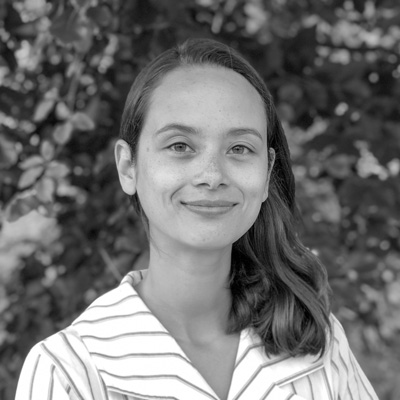
April Williamson
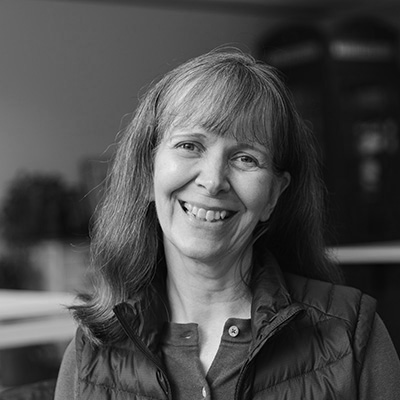
Anna Griffin
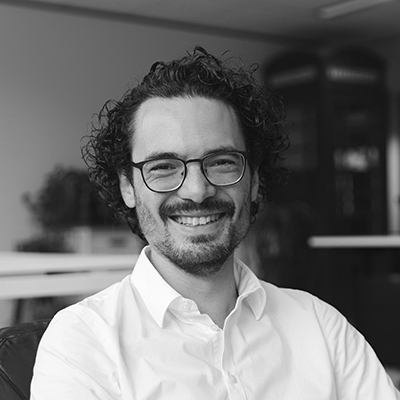
Floris Tan
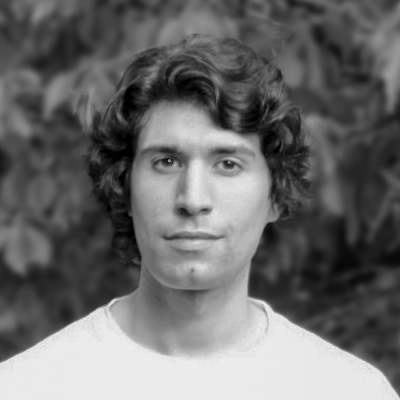
Filippo Fantozzi
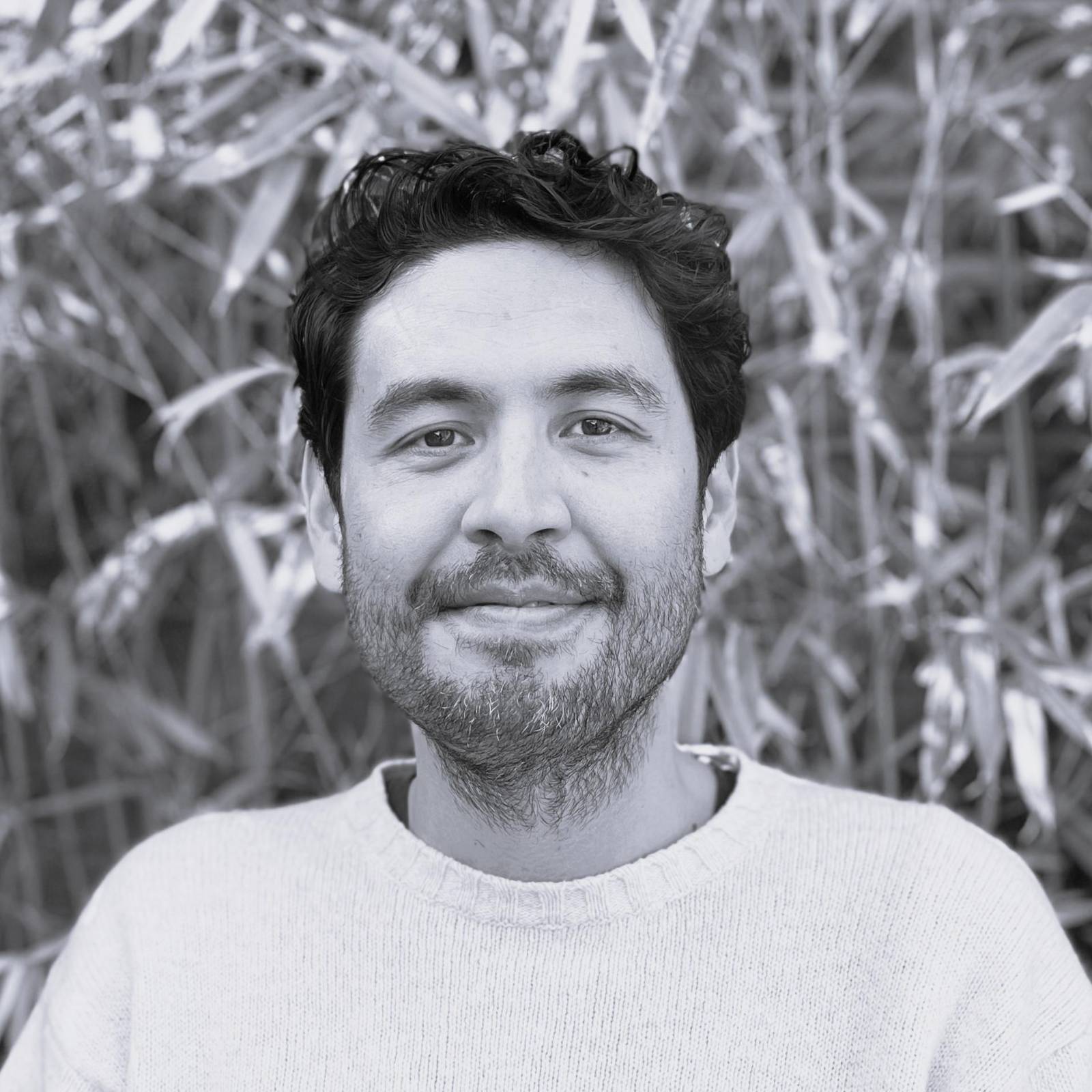
Joe Udell

Gaia Lisi
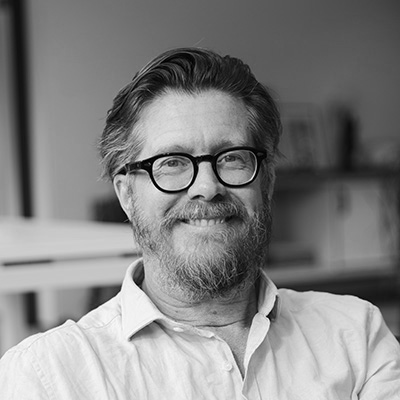
Jasper Teulings
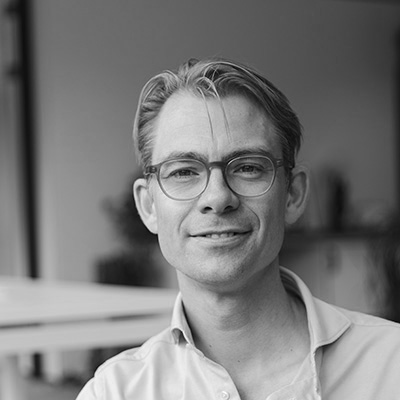
Dennis van Berkel
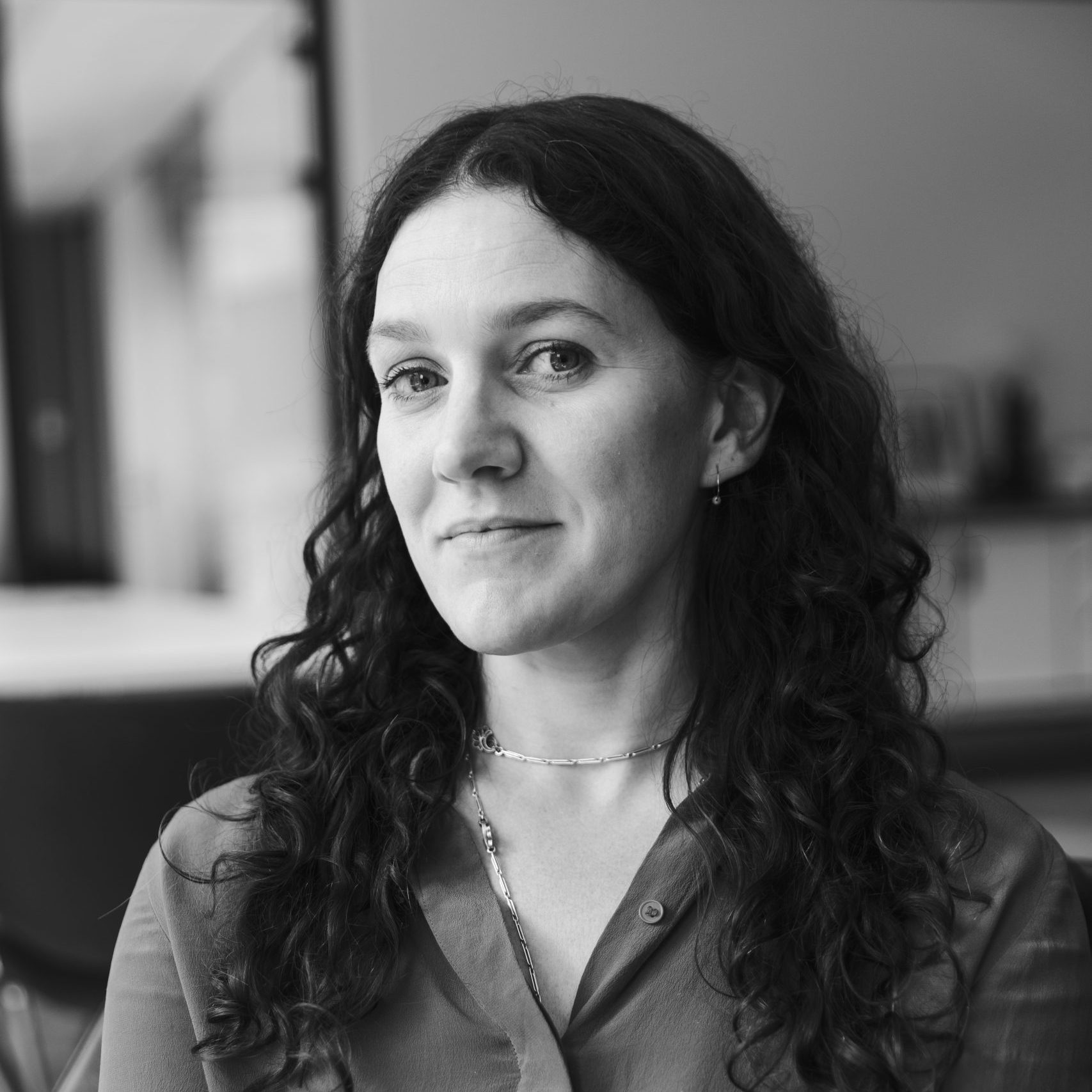
Elizabeth Donger
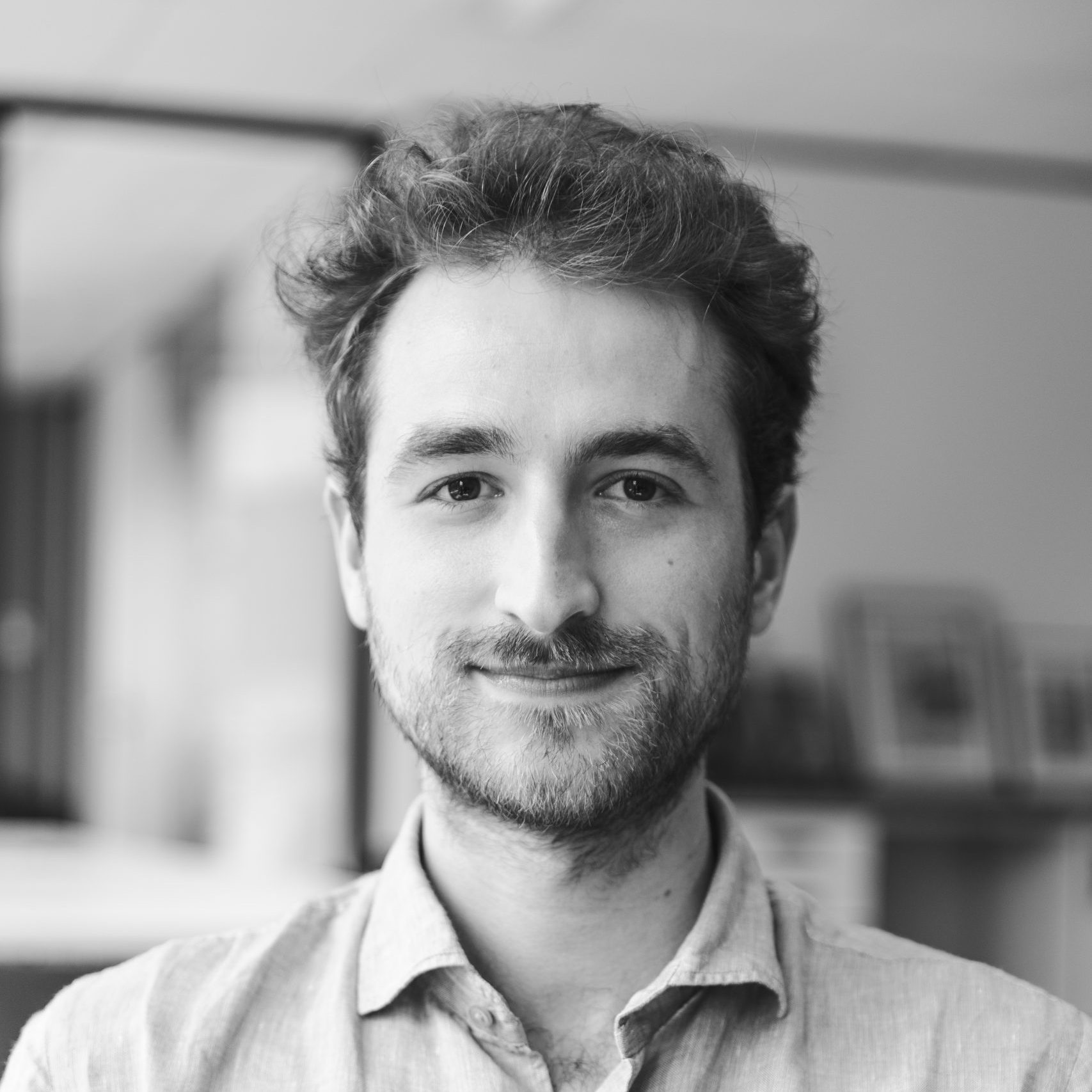
Alexandre Bonnier
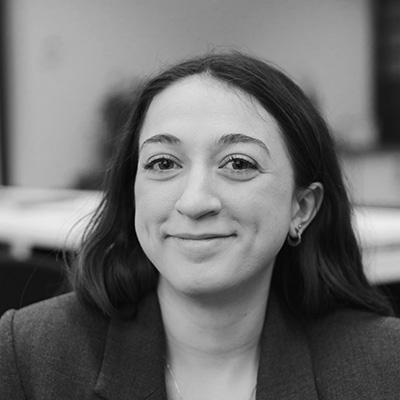
Gabriella Locati
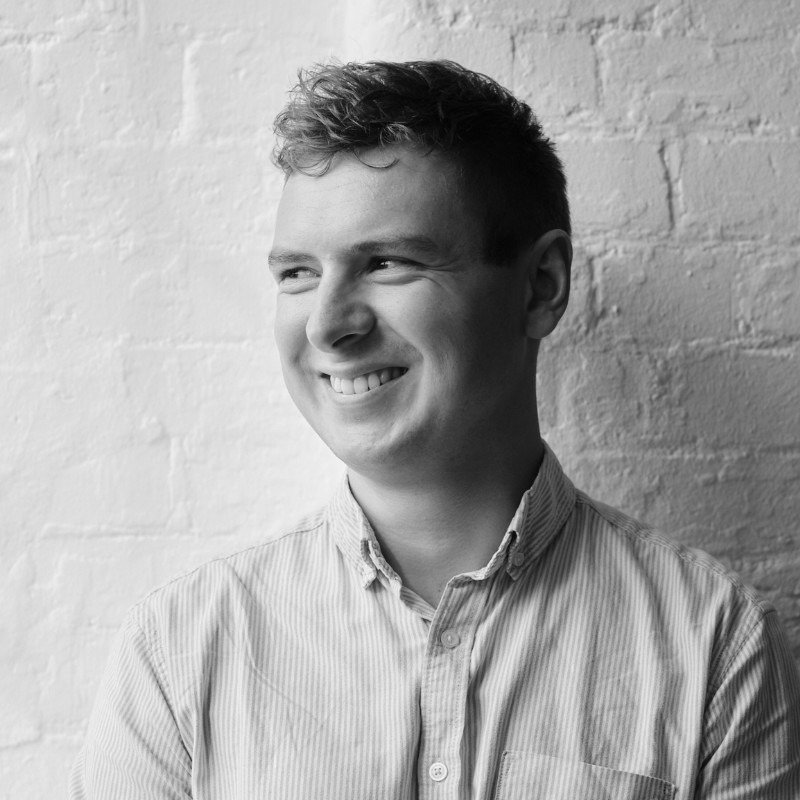
Charlie Zajicek
